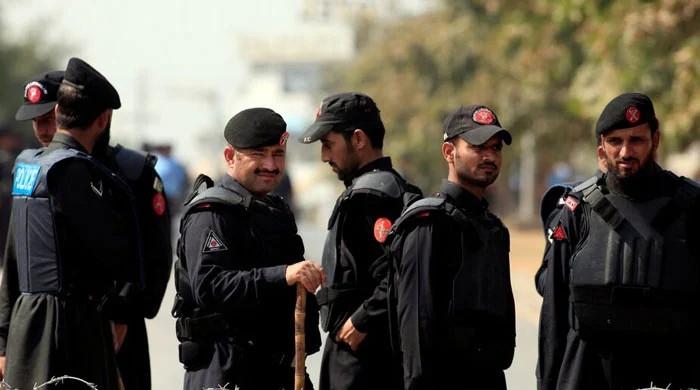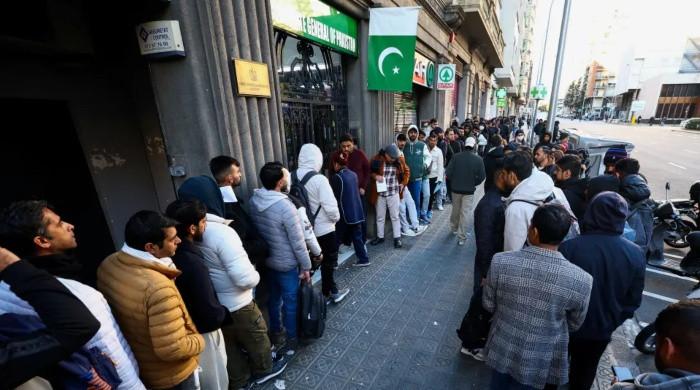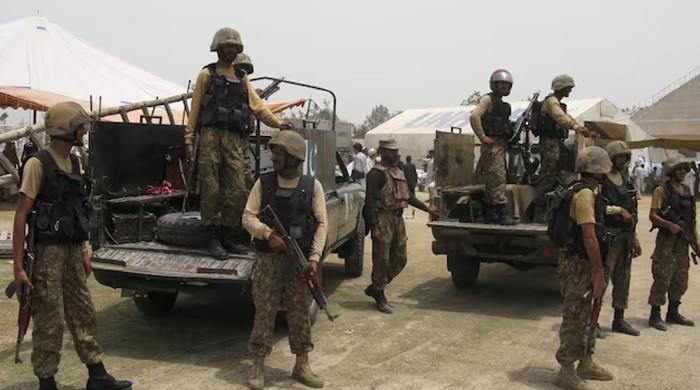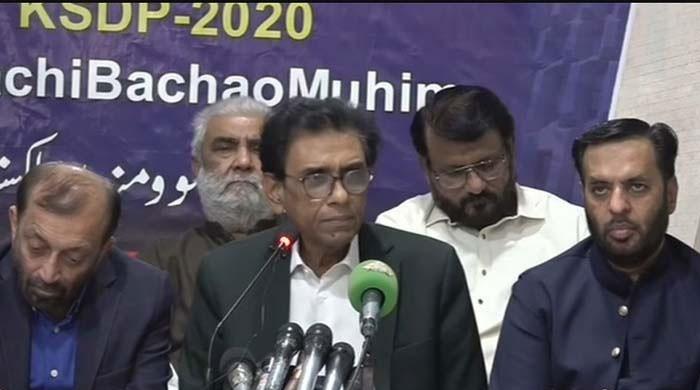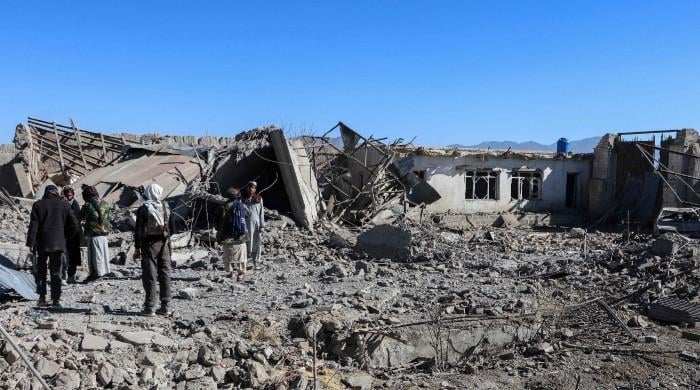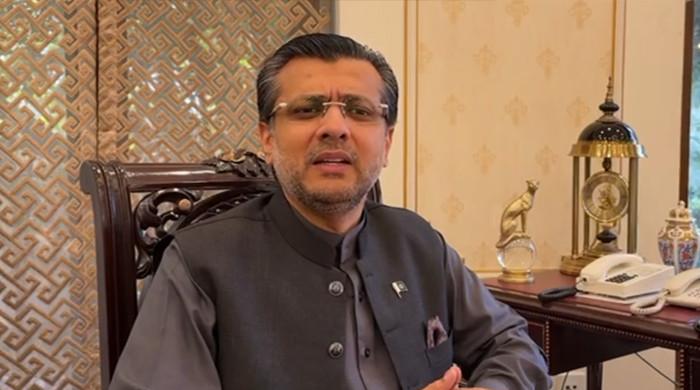India releases massive flow into Sutlej, flooding Kasur's villages, farmland
In the River Indus, moderate flooding is being reported at Guddu and Sukkur barrages
August 25, 2025
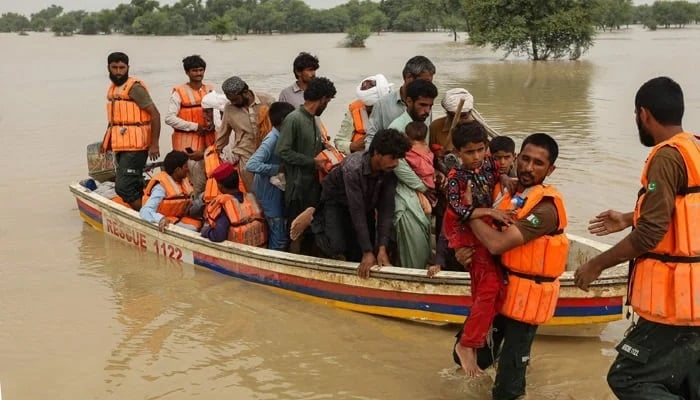
- Medium flood is passing through Head Sulemanki, says govt body.
- Moderate flooding is being reported at Guddu and Sukkur barrage.
- Rescue efforts underway, affectees being shifted to safer ground.
In the latest act of water aggression, India’s sudden discharge of excess cusecs into the Sutlej River has triggered flooding in Kasur's Ganda Singh Wala, submerging villages and devastating thousands of acres of farmland.
According to officials, rescue efforts have been launched as villagers and their livestock are being shifted to safer ground.
In Burewala, floodwaters spread through the Sahu Ka area and nearby rural settlements, submerging farmland and cutting off hundreds of villages after a breach on the Sahu Ka–Chishtian road.
Dozens of agrarian families in Bahawalpur and Bahawalnagar helplessly watched their livelihoods wash away as their mainstay crops — cotton, rice, and sesame — were now underwater.
Moreover, panicked villagers have been forced to leave behind ancestral homes built over generations, carrying whatever they can and wading through waist-deep waters in search of shelter.
According to the Flood Forecasting Division in Lahore, a medium flood is passing through Head Sulemanki. The River Chenab is also swelling, with a low flood recorded at Marala and Khanki.
In the River Indus, moderate flooding is being reported at Guddu and Sukkur barrages, while at Tarbela, Kalabagh, and Chashma, the water levels are high enough to cause a low flood situation, according to the division.
Meanwhile, breaking a long silence since their May military standoff, India has reached out to Pakistan through the Indus Waters Treaty (IWT), sharing details on potential flood threats, official sources said early on Monday.
According to the sources, New Delhi warned Pakistan of a potential major flood in the Tawi River at Jammu.
The Indian High Commission in Islamabad conveyed the alert, with the communication made on the morning of August 24, they added.
It is the first major contact of its kind since the Pakistan-India war in May, the sources noted.
Following the alert, Pakistani authorities issued warnings based on the information provided by India, the sources confirmed.
In the wake of the killing of 26 people in the Pahalgam area of the Indian Illegally Occupied Jammu and Kashmir (IIOJK) in April, India held the IWT with Pakistan in abeyance.
New Delhi accuses Islamabad of orchestrating the deadly militant attack, an allegation that Pakistan denies.
Based on these groundless allegations, India waged a war against Pakistan in May, resulting in the heaviest military engagement in decades, before a ceasefire was brokered by the US.
The nuclear-armed neighbours disagree over the use of the water from rivers that flow downstream from India into the Indus River basin in Pakistan.
The use of the water is governed by the IWT, which was mediated by the World Bank and signed by the neighbours in September 1960.
There is no provision in the treaty for either country to unilaterally suspend or terminate the pact, which has clear dispute resolution systems.
The treaty had survived three wars and other conflicts between the two rivals, while withstanding many twists and turns in diplomatic ties.





